One year has past since the beginning of the pro-democracy protests that ousted Algerian President Bouteflika, but Algeria’s political system remains fundamentally unchanged. The Hirak shows little signs of disbanding despite a lack of international pressure on the regime to reform. M. Tahir Kilavuz and Sharan Grewal outline what you need to know. This piece originally appeared in the Washington Post.
On Saturday, one of the world’s most resilient nonviolent protest movements hits a one-year milestone. A year ago, nationwide protests emerged against then-Algerian President Abdelaziz Bouteflika after his nomination for a fifth term sparked mass outrage from citizens frustrated with the country’s growing corruption, sluggish economy and lack of freedom.
Over the past year, the leaderless protest movement (known as the Hirak) succeeded in toppling Bouteflika and triggering the imprisonment of major figures from his regime, including several prime ministers. Peaceful mass protests have continued across the country every week even in the face of provocation and repression from the regime.
The Hirak is entering its second year with a new president, a new prime minister, a new parliamentary speaker, a new cabinet and a new army chief of staff. But Algeria’s political system remains fundamentally unchanged. Here’s what you need to know.
Bouteflika and his allies are gone
The most visible result of the Hirak has been the uprooting of the “Bouteflika clan.” After Bouteflika resigned in April, continued demonstrations from the Hirak led to the arrest and prosecution of Bouteflika’s brother and adviser, two former prime ministers, two former intelligence chiefs, prominent business leaders affiliated with Bouteflika, and a number of ministers and senior officials from the National Liberation Front (FLN) and Democratic National Rally (RND) parties.
In the aftermath of Bouteflika’s resignation, army chief Ahmed Gaid Salah became the most visible face of the regime, giving weekly public speeches outlining the regime’s position. However, sustained mass protests directly criticizing the military’s role in politics — and Gaid Salah’s death in December — prompted his successor to move the military out of the limelight and to elevate the political position of newly elected President Abdelmadjid Tebboune.
But the regime has not fundamentally changed
The military’s retreat behind the scenes, where it had been under Bouteflika, suggests one success for the movement. But the army remains the center of power behind a civilian facade led by Tebboune.
To date, there have been no changes to the constitution, no meaningful changes to make the electoral system more credible, and no empowerment of the parliament or judiciary to constrain the presidency. Meanwhile, the prosecutions of regime figures have been limited to the Bouteflika clan.
The government tried to divide and contain the protesters
The Algerian regime has thus far survived the protests by using a combination of divide-and-rule tactics and targeted repression. It initially sought to polarize protesters along ethnic lines by arresting protesters waving the Amazigh flag. When that failed, it arrested prominent opposition figures, along with hundreds of other protesters. The regime also pursued December presidential elections despite public rejection and tried to co-opt certain opposition groups into this plan.
The new president appears to be following the same playbook of dividing and containing the protesters. Tebboune has released some 10,000 prisoners, including some opposition figures, but others remain in prison. He also met with a number of opposition leaders and proposed a reform package.
But there is a major trust gap between Tebboune and the Hirak — and similar promises were a recurring theme under Bouteflika. Protesters are likely to view any concessions as little more than a stalling tactic to preserve the regime.
There is no road map to leverage protesters’ demands
The Algerian opposition has been unable to unite around an alternative transitional road map. While there have been several attempted dialogue initiatives among opposition leaders, these have not helped create a unified opposition bloc, nor is it clear how credible these leaders are to the protesters.
The lack of an alternative road map and the inability of the established opposition to match efforts of the Hirak left the regime free to impose its own path to carry out last December’s presidential elections. Thus far, this situation has allowed the regime to survive without implementing meaningful reforms. Based on the experience over the last year, it is likely that the Hirak also will reshape the opposition scene in Algeria going forward.
There has been little international pressure on the regime to reform
The Algerian government also has benefited from the lack of sustained international pressure to reform the political system. The U.S. government issued a public statement in March in favor of “a new path forward [. . .] reflecting the will of all Algerians” but then went silent until the December elections, when it congratulated Tebboune while noting that Algerians “voiced their aspirations . . . in the streets, as well.” France and the European Union have on occasion made public statements about Algeria in favor of dialogue, but have likewise made no concerted effort to sustain diplomatic pressure on the government to reform.
Foreign media have largely stopped covering the protest movement, limiting pressure on the regime from transnational grass-roots groups. The most regular foreign statements come from Russia — which has offered its support for the new government and hopes for even closer ties between the two countries.
The Hirak shows little signs of disbanding
Perhaps the biggest accomplishment of the Hirak is its sustained mobilization for over a year despite regime attempts to divide and co-opt the movement. Hundreds of thousands of Algerians across the country continue to take to the streets each week, united in their demands for systemic change, freedom and dignity.
The resilience of the Hirak indicates that Algerians are not ready to give up on these demands. The Hirak has already been a transformative experience for the Algerian people, surpassing many observers’ expectations. It is likely to shape Algerian politics in its second year as well.
The Brookings Institution is committed to quality, independence, and impact.
We are supported by a diverse array of funders. In line with our values and policies, each Brookings publication represents the sole views of its author(s).

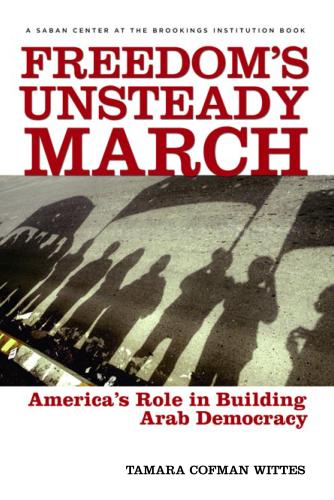
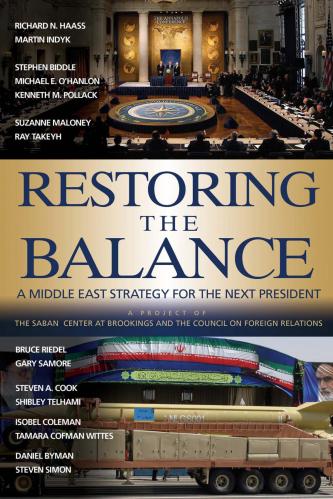
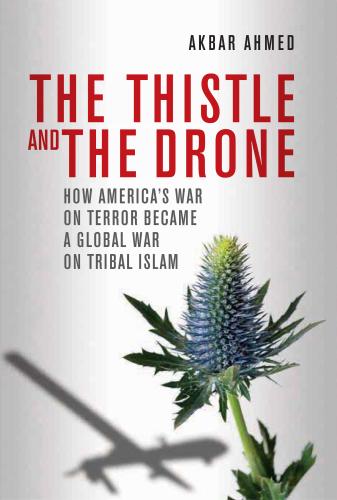
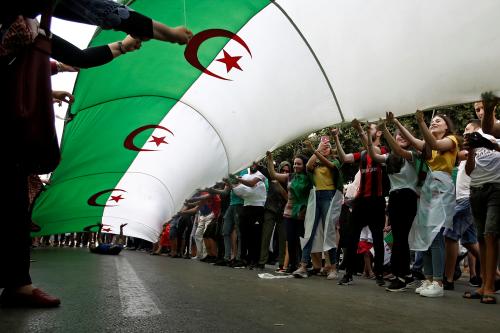
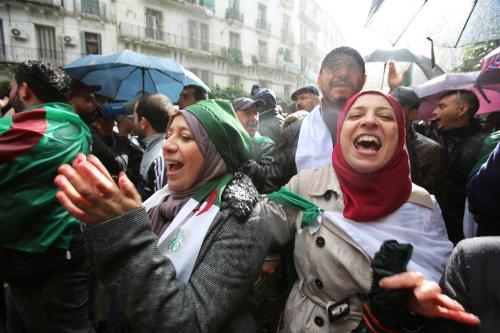
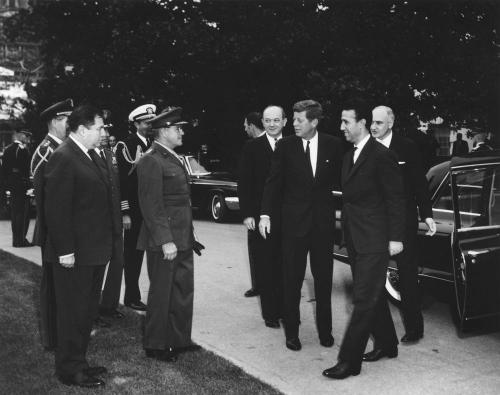
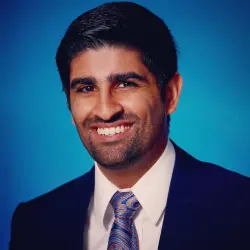



Commentary
Algerians have been protesting for a year. Here’s what you need to know.
February 26, 2020